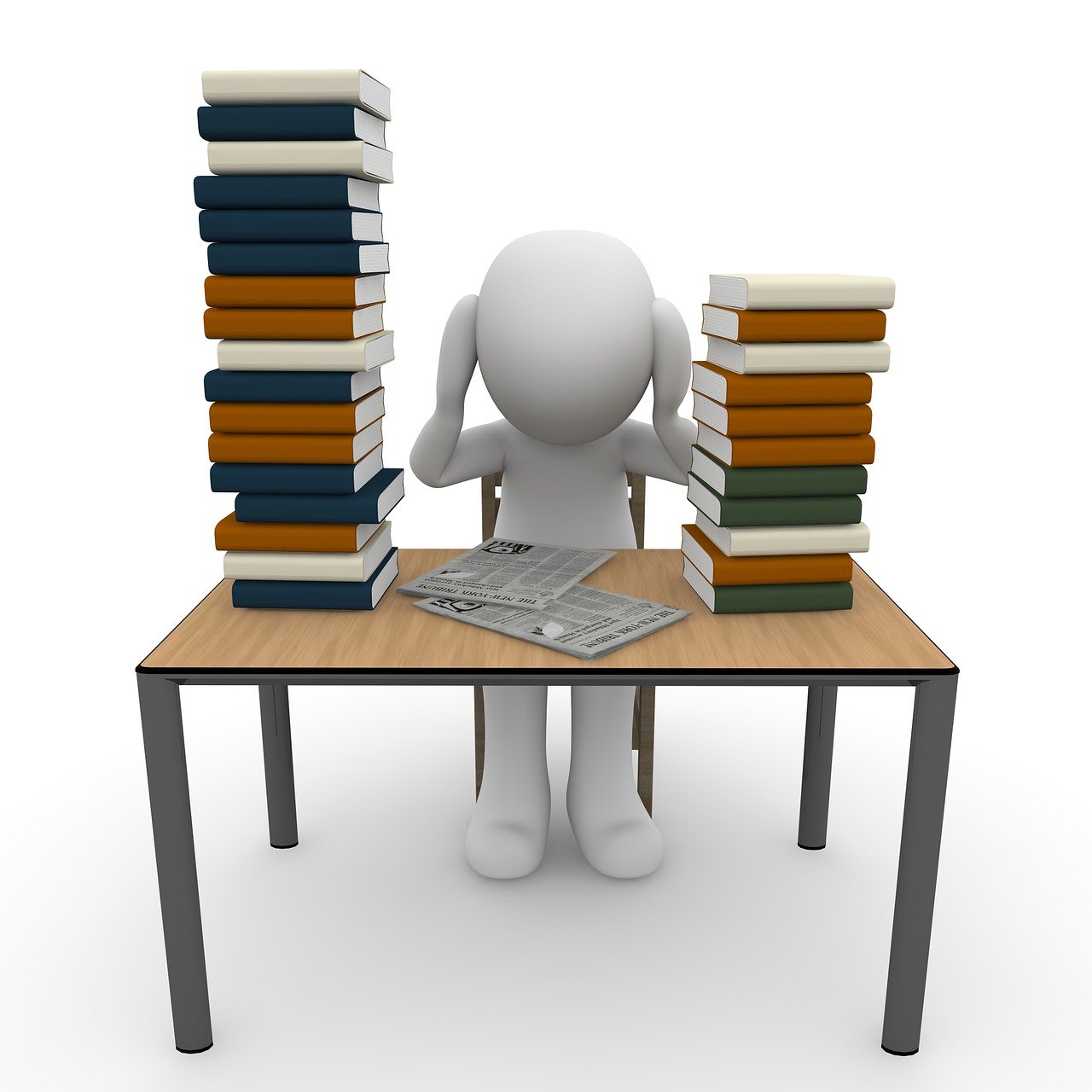
Dyslexia is a disorder that makes reading difficult.
Dyslexia is a difficulty in speech or diction . In practice, the concept is understood as an inconvenience that hinders and complicates the learning process, since it is characterized by influencing the ability to read , write , perform calculations and short-term memory .
Generally, the term is used to mention a disorder that makes it impossible to develop the ability to read normally, although it is also used to denote writing problems (a condition that, if appropriately identified according to medical criteria, is known as dysgraphia ). .
Types of dyslexia
Among the known types of dyslexia, phonological and deep or mixed dyslexia stand out.
The first refers to cases in which people perform a "global reading" of the words, trying to deduce what term it is instead of completing the recognition of each letter. In this case, reading unknown words is very difficult and confusion of words that belong to the same family is also common ("buy" and "bought", "employee" and "employ").
The second type of dyslexia that we mention is more serious. It not only makes it difficult to read words but also to understand their meaning (especially abstract terms, verbs and connectors) as well as distinguishing words that are usually written together (such as "good" and "morning").

Those who suffer from dyslexia have difficulties recognizing letters.
Effects on writing and reading
Regarding writing, the following symptoms usually occur:
- Alteration of the order of the letters , total or partial, of words both known and unknown to the person;
- Change of orientation of the strokes of certain characters;
- Confusion of similar letters, such as "p" and "b", or "d" and "b".
On the other hand, reading is usually characterized by:
- Difficulty distinguishing certain letters or reading them in order;
- Overlook spelling mistakes;
- Difficulty reading simple and, especially short, phrases or words.
Other symptoms include not being able to copy words easily, using one word for another even when they are completely unrelated, and having difficulty telling right from left.
This disorder is usually associated with problems in motor coordination and attention , but it does not imply below-average intelligence in any way. Furthermore, many people who suffer from dyslexia are very capable and lead successful lives.
Dyslexia according to psychology and psychiatry
For psychology and psychiatry , dyslexia consists of the registration of a difference between the learning potential and the level that a person reaches when they have to present their knowledge . We are talking about an individual who has not had sensory, physical, motor difficulties or educational deficiencies that could impact or condition said process.
In fact, it is these purely physical issues that must be ruled out as soon as cognitive difficulties are identified. Then you can move on to the psychological field where, for example, a speech therapist will look for the causes, both physical and emotional, of the aforementioned disorders.
The neurological view
Various neurological studies have noted certain characteristics in the angular gyrus (the structure located in the parietal lobe of the left cerebral hemisphere) of dyslexic patients. There are also medical theories that consider that dyslexia originates in the right cerebral hemisphere , which for many is in charge of processing visual information and that, in certain cases, would function at a slower speed than the left hemisphere (in charge of the processes linked to language). This is consistent with the theory that the origin of the problem is closely related to the ability, in this case minor, to organize graphic symbols.
Specialists point out that there are hereditary factors that increase the chances that a person may suffer from dyslexia. In any case, it is still not known precisely how other issues influence it, such as genetics, the development of pregnancy or possible complications at the time of childbirth, lesions in the cerebral cortex, emotional instability and adaptation difficulties in the school.
Overcome dyslexia
It should be noted that teachers and parents of dyslexic children have a great responsibility in their hands, since it is up to them not to add pressure and frustration to these people who struggle to resolve issues that for others are simple and everyday.
In the best of cases, there are schools that offer the possibility of taking oral exams instead of written ones, as well as computer tools that help with learning and writing . School success will then depend on considered treatment and will be even more possible if you try to reach the child through the fields that interest him most.
